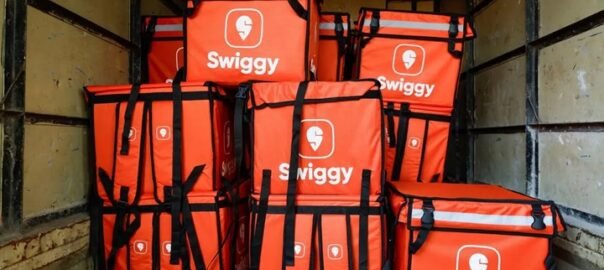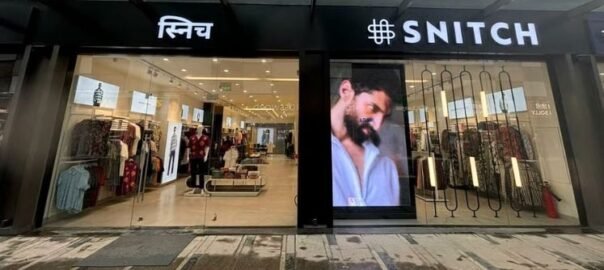A.P. Moller – Maersk Saudi Arabia (Maersk) and Saudi Post Company (SPL) have signed a strategic Memorandum of Understanding (MoU) to boost eCommerce logistics in Saudi Arabia and the broader GCC region.
The partnership merges Saudi Post’s nationwide logistics network with Maersk’s global supply chain expertise, offering end-to-end solutions for international eCommerce players.
Aligned with Saudi Arabia’s Vision 2030, this collaboration aims to streamline cross-border operations and elevate service quality for customers entering or expanding in the region.
Under the agreement, Saudi Post will handle in-Kingdom operations, while Maersk manages international transport and origin services.
Maersk’s new Integrated Logistics Park in Jeddah will serve as the partnership’s key hub.
READ: Maersk, Castlery forge freight and logistics partnership
Ahmed Al Olaby, Director, Maersk Saudi Arabia, said: “We are excited to partner with Saudi Post, who operate an unparalleled distribution network in Saudi Arabia, to create an integrated logistics solution that addresses the growing demand for efficient eCommerce fulfilment in the country.
“Our extensive, global ocean network, along with the newly opened Integrated Logistics Park, would combine with Saudi Post’s extensive domestic network, positioning us to deliver world-class logistics services that support businesses looking to enter or expand in the Saudi market.”
Rouni Saad, The International Business Sales Director, SPL Group, stated: “The strategic collaboration between SPL and Maersk is pivotal in streamlining cross-border e-commerce flows to and from The Kingdom of Saudi Arabia and the wider GCC, enhancing connectivity, reliability, and growth opportunities across the region.”
In April, Maersk opened a new warehouse in Senegal, marking a key step in its strategy to strengthen logistics infrastructure across West Africa.
Author Credits- Dom Magli
PORT TECHNOLOGY INTERNATIONAL










